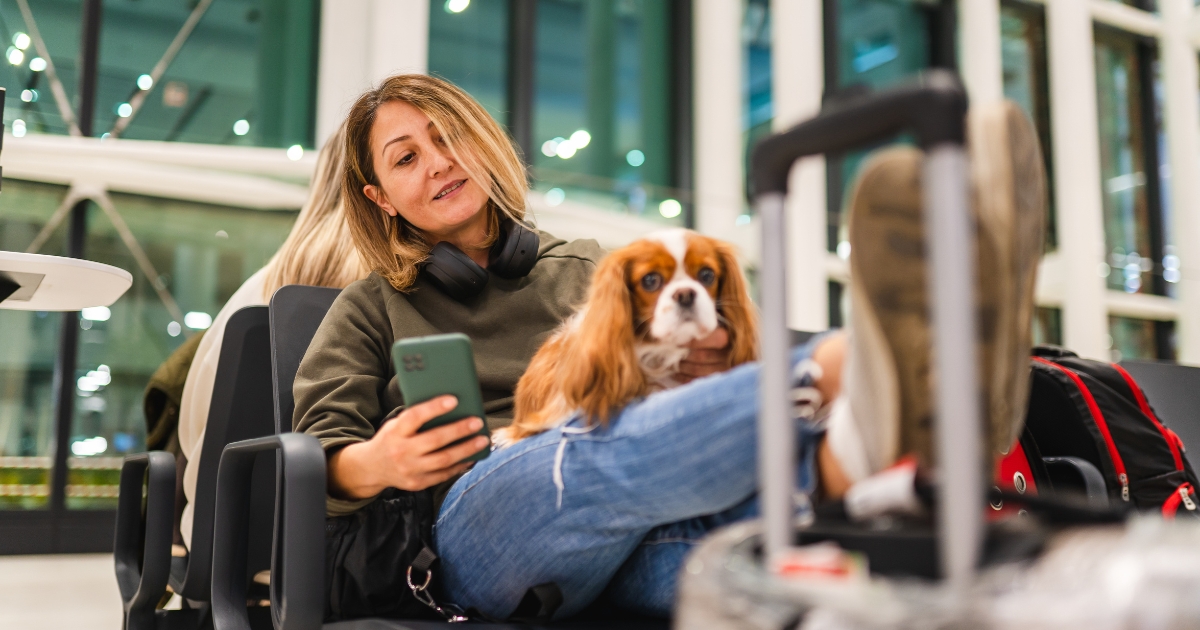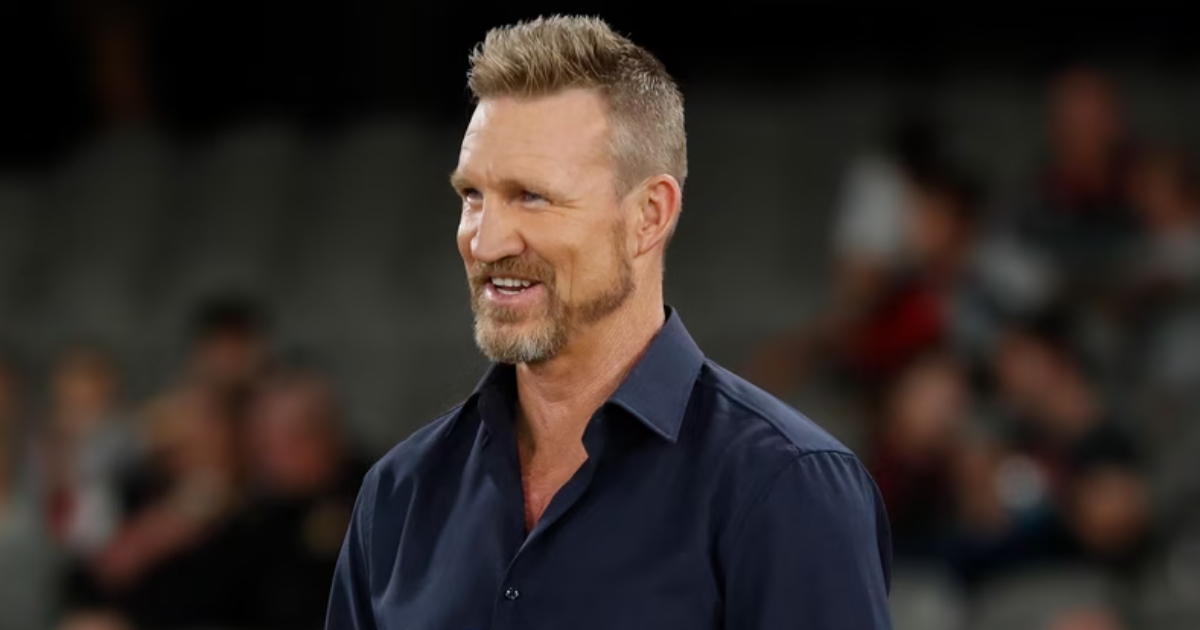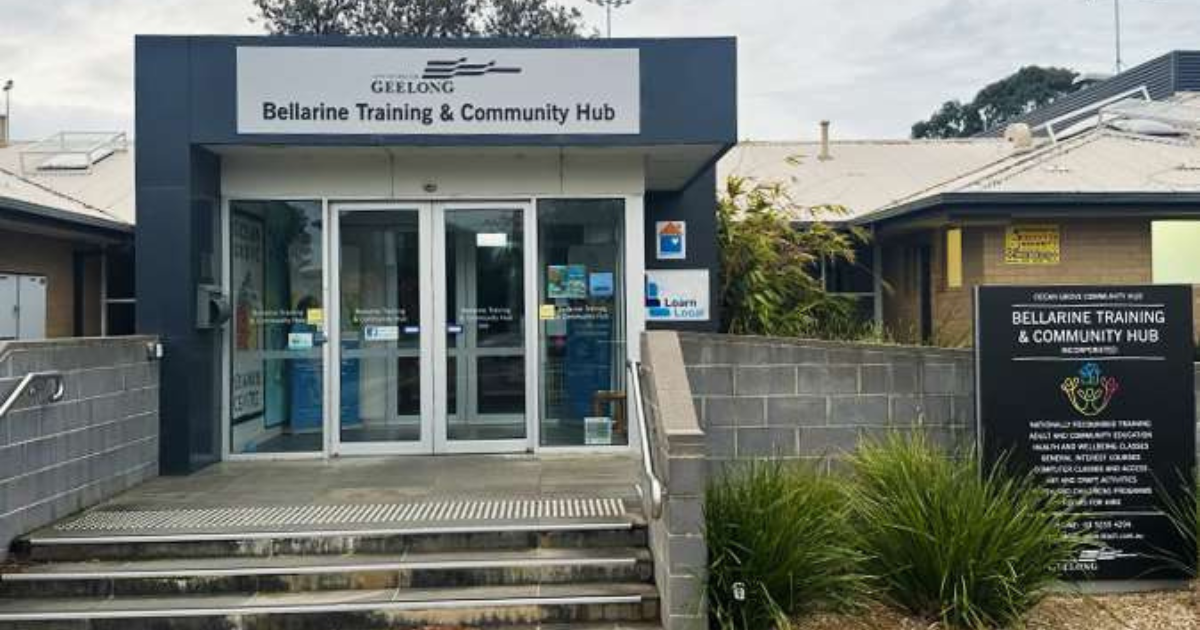Reflections on Reconciliation Week
LAST week marked Reconciliation Week – an important time to reflect on our shared history and future with First Nations people in Australia. As a councillor, I had the privilege of attending several events and engaging with community voices. These experiences have prompted important reflections about reconciliation, what it means and where we go from here.
In Geelong, Reconciliation Week was marked with a celebration of First Nations culture and community. City Hall became a canvas for local Aboriginal and Torres Strait Islander artists, with projections illuminating the building each night. Their work told stories of connection to Country, culture and history—reminding us of the deep roots First Peoples have in this region. Events like Reconciliation in the Park brought people together at Johnstone Park to share music, food and culture, while the First Peoples Exhibition at Yarra Street Window Gallery offered an opportunity to engage with the voices and perspectives of 12 First Nations artists.
The theme for this year – ‘Now More Than Ever: From Now to Next’ – is particularly timely. It follows the failed Voice to Parliament referendum, which left many Aboriginal and Torres Strait Islander peoples feeling unheard and disheartened. Meanwhile, the ongoing disparities in health, education and opportunity – the so-called ‘gap’ – remain stark reminders of how far we still have to go.
Aboriginal and Torres Strait Islander communities have experienced generations of harm, injustice and distress from colonisation and displacement. So how do we, as a broader community, move forward together? How do we reconcile not just the past, but also its continuing impact on the present and future?
First, we must ask ourselves: what does reconciliation really mean? It’s not about assigning blame or feeling guilty for the past. Rather, it’s about accepting our shared responsibility for building a more just and inclusive society today and into the future.
Reconciliation does not mean giving up ownership of your home or land. No one is asking for that! But it does involve acknowledging that the ground we live on was once untouched bushland, cared for by First Nations people like the Wadawurrung for thousands of years. Reconciliation invites us to sit with that truth, even if it feels uncomfortable. It asks us to move beyond an ‘us versus them’ mindset and recognise that we are all part of the same community, sharing the same land. We are stronger when we walk together.
So how can each of us help bridge the gap from now to next?
We can start by educating ourselves. There is a wealth of information available about our local history – take the time to explore it. Learn about the Treaty process in Victoria and what it means for self-determination. And importantly, support local Indigenous organisations and initiatives. Here in Charlemont ward, we’re fortunate to have the Booln Booln Cultural Centre – a vibrant place where culture, history and community come together. If you haven’t been, I encourage you to visit.
Reconciliation isn’t a one-week commitment. It’s a lifelong journey of learning, listening and acting. It’s about creating a future where all people feel seen, respected and valued. From now to next, we each have a role to play in that journey.
I hold regular “meet your councillor” sessions. You can catch me next on June 19 at Armstrong Creek East Community Hub (8.30am-10am) and Belmont Library (11am-12.30pm).
Cr Emma Sinclair
Charlemont Ward,
City of Greater Geelong


















